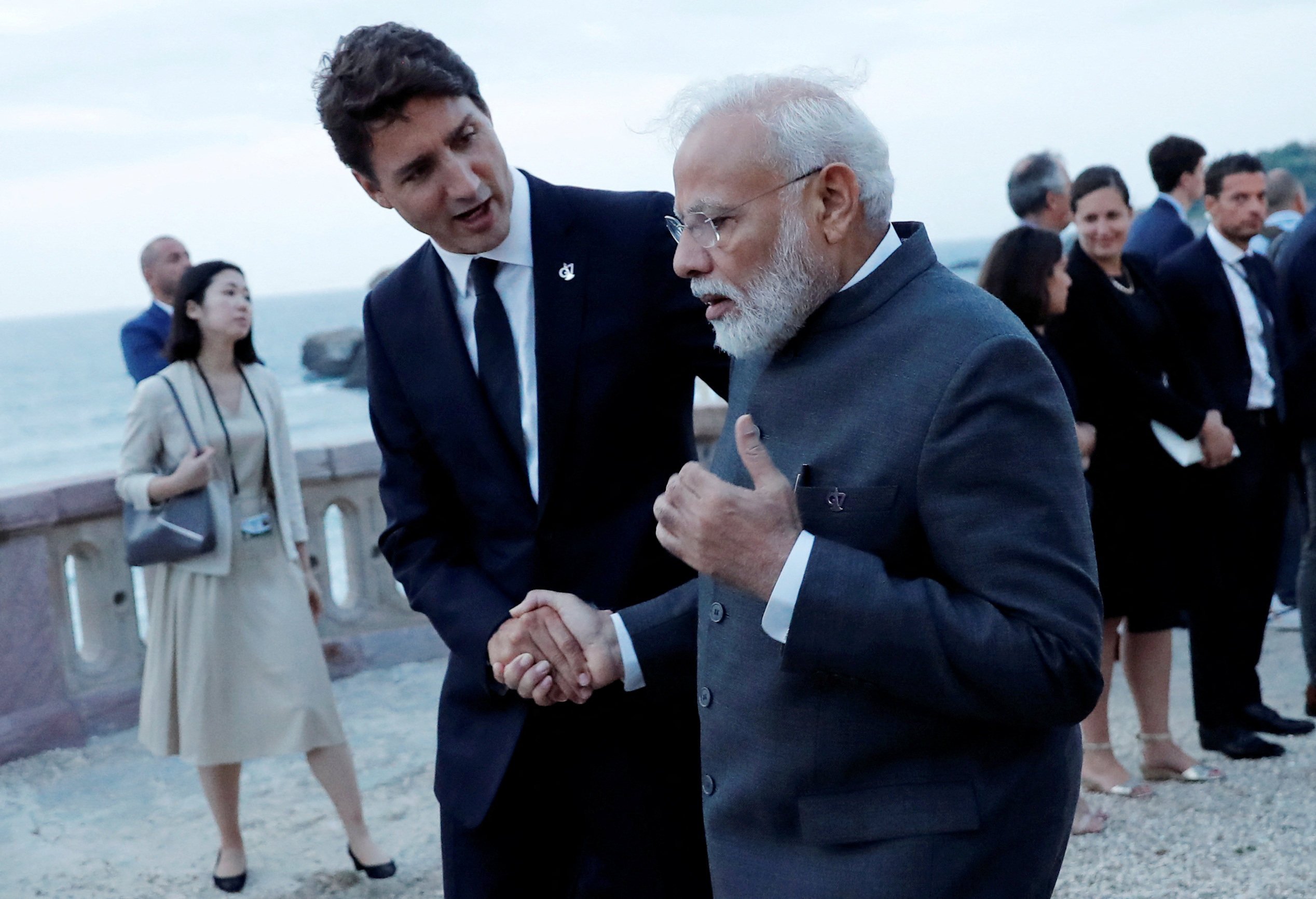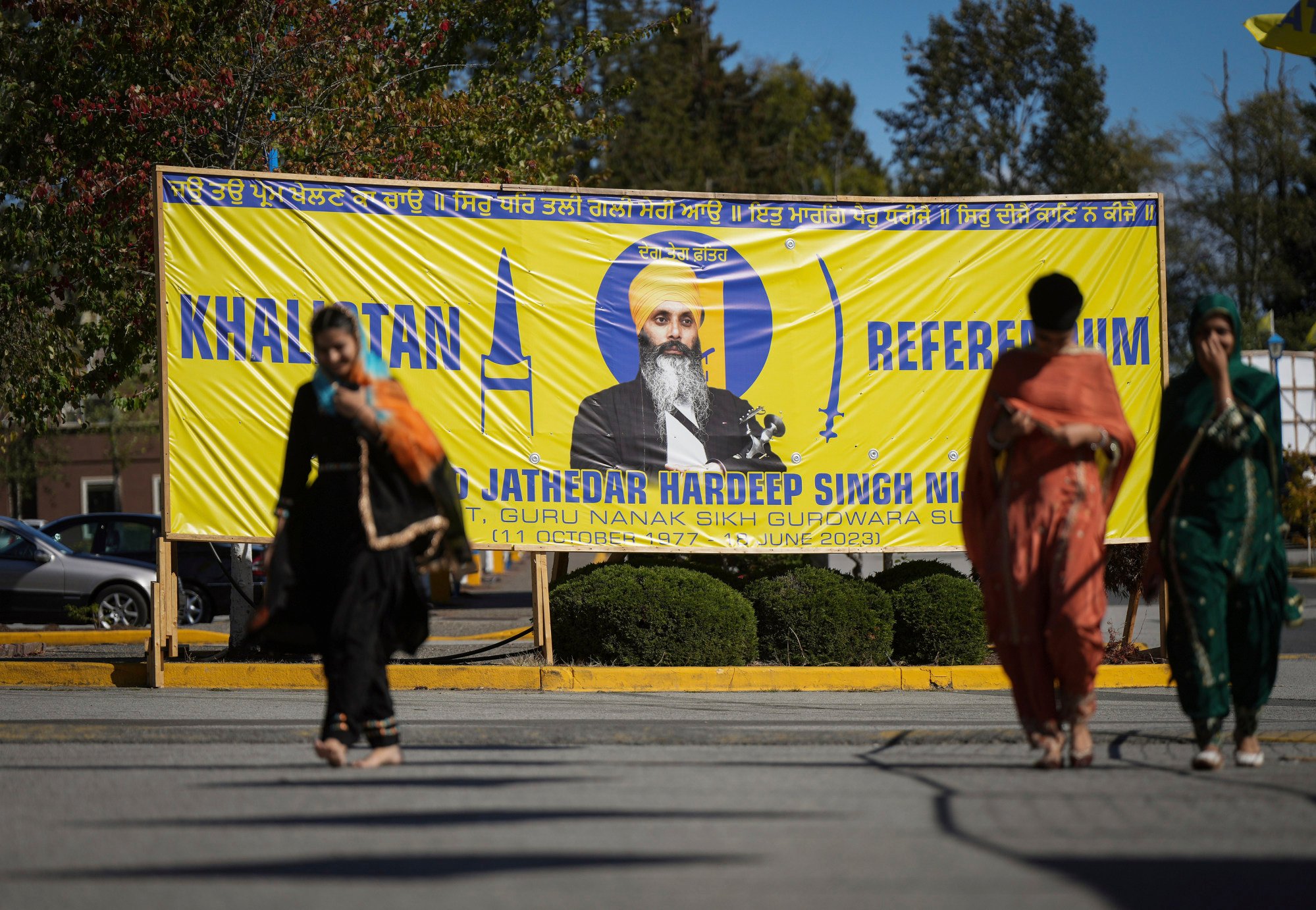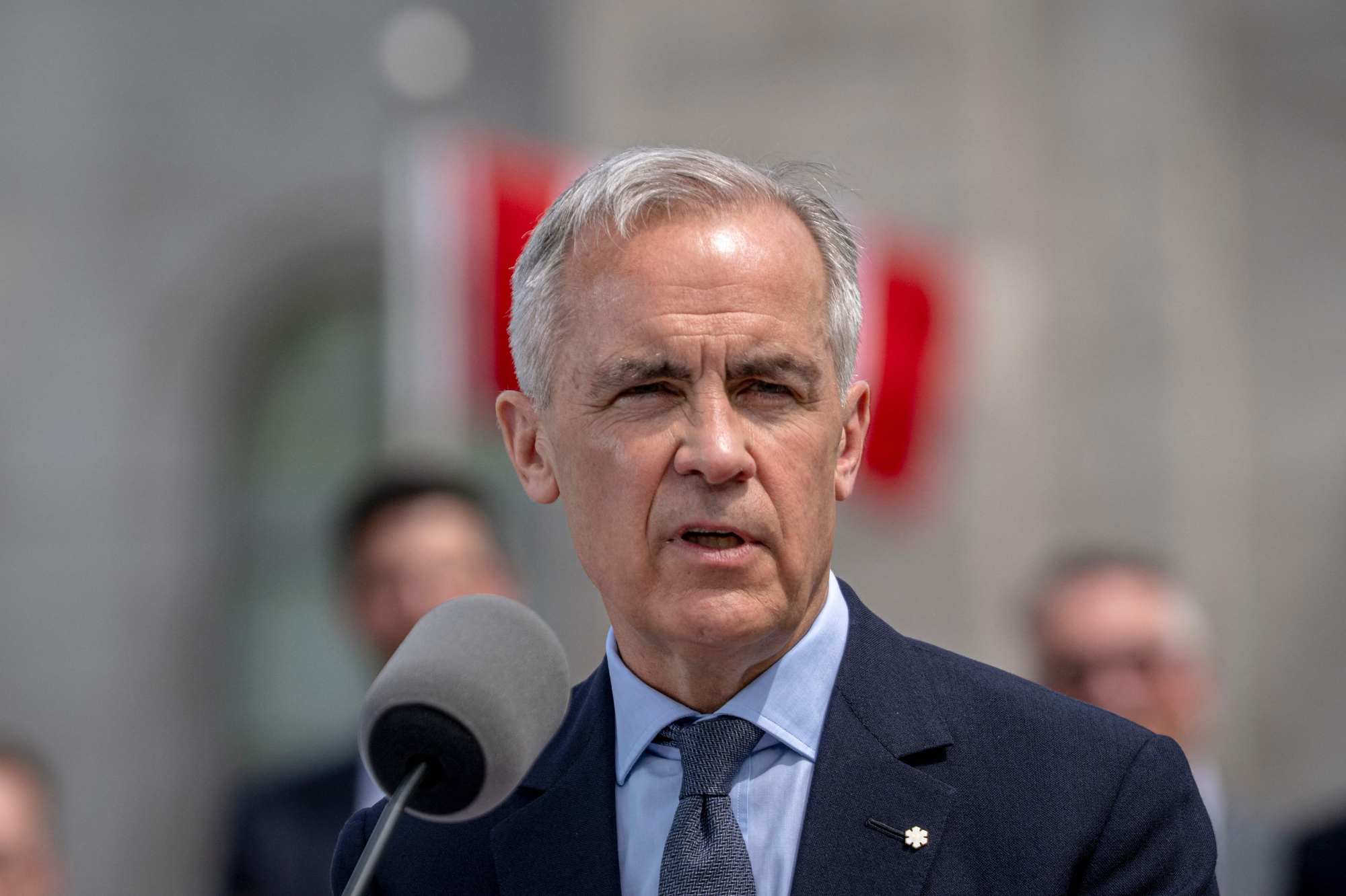Is a Canada-India reset of ties on hold? Modi’s likely G7 no-show suggests so
India’s expected G7 absence reflects lingering tensions from a fallout over the 2023 killing of Sikh separatist leader Hardeep Singh Nijjar

India’s Prime Minister Narendra Modi is expected to skip this month’s G7 summit in Canada – the first time in six years that he would miss the gathering – in a move seen by observers as a reflection of ongoing bilateral tensions despite the recent change in government in Ottawa.
The June 15–17 meeting of leaders from the Group of Seven advanced economies – Canada, France, Germany, Italy, Japan, the United Kingdom and the United States – will be held in Kananaskis, Alberta. Although India is not a G7 member, it has been regularly invited to take part in meetings in recent years.
However, Indian media reports suggest that no invitation has been extended to New Delhi this time by Canadian Prime Minister Mark Carney’s administration, based on information from unnamed insider sources and the absence of any formal announcement from either government.
Modi’s expected absence this year is being closely watched for signals on the future of India–Canada relations under Carney, who took office in March following the Liberal Party’s leadership election. His party currently leads a minority government after winning the federal election in April.
Carney’s ascendancy had kindled hopes that the two countries could move past a period of diplomatic estrangement experienced under the previous Canadian prime minister, Justin Trudeau. The inclusion last month of four Indian-origin politicians in key roles in Carney’s government, including Foreign Minister Anita Anand, raised hopes for an improvement in relations.
Bilateral ties plummeted in 2023 after Trudeau alleged that Indian agents were involved in the killing of Canadian citizen Hardeep Singh Nijjar, leader of a Sikh separatist movement in India, in the Canadian city of Surrey. The incident resulted in a tit-for-tat expulsion of diplomats and disrupted trade talks.

While there are hopes that Carney will improve relations with India, the Liberal Party has to tread carefully with its support base when considering whether to invite Modi to the G7 meeting, according to Harsh Pant, a professor of international relations at King’s College London.
The biggest hurdle to a reset in relations is the sensitive issue of Khalistan – a Sikh separatist movement seeking to create an independent state in India’s Punjab province. The movement, which has largely faded away in the subcontinent since the 1980s, still draws support from sections of the Sikh diaspora, many of whom are in Canada.
The Liberal Party depends on the New Democratic Party, which analysts say is sympathetic to the Khalistan movement, for support within their coalition government. India has repeatedly expressed concerns over Sikh hardliners in Canada whom it accuses of glorifying extremism, particularly during Trudeau’s term in office.
Indian opposition political leader Mahua Mitra from the Trinamool Congress wrote in a social media post that India’s absence from the G7 summit highlighted Delhi’s “failed foreign policy”.
However, analysts cite several reasons for Modi forgoing the summit.
“The Indian prime minister is not going because they [Indian officials] are not sure whether there will be any reorientation in the Canadian viewpoint about India’s security concerns within Canada,” said Nilanjan Mukhopadhyay, an independent political commentator.

“The government may feel it would want a more categorical statement or development after ties plummeted so low. From India’s point of view, the onus of repairing the relations lies with Canadians,” he said, highlighting the hurt caused by the allegations made by the Trudeau government.
The rebuilding of ties could begin at “fairly junior levels” before progressing to discussions between Modi and Carney, Mukhopadhyay suggested.
While positive messages have been discreetly exchanged between Delhi and Ottawa, analysts say the foundations for a more robust relationship still need to be laid.
A first step could involve appointing high commissioners in each other’s capitals – positions that have remained vacant since the fallout over Nijjar’s killing.
Recently, Anand spoke with her Indian counterpart, S. Jaishankar, over the phone, after which both sides expressed optimism about their ties. In a media interview, Anand said that the renewal of bilateral relations would happen “one step at a time”.
“Even if there was an invite from Canada for the G7 summit now, India would have reconsidered it,” said Vivek Mishra, deputy director of the strategic studies programme at the Observer Research Foundation think tank in Delhi.
“It has to be gradually established, but the change in the Canadian government is a good sign.”